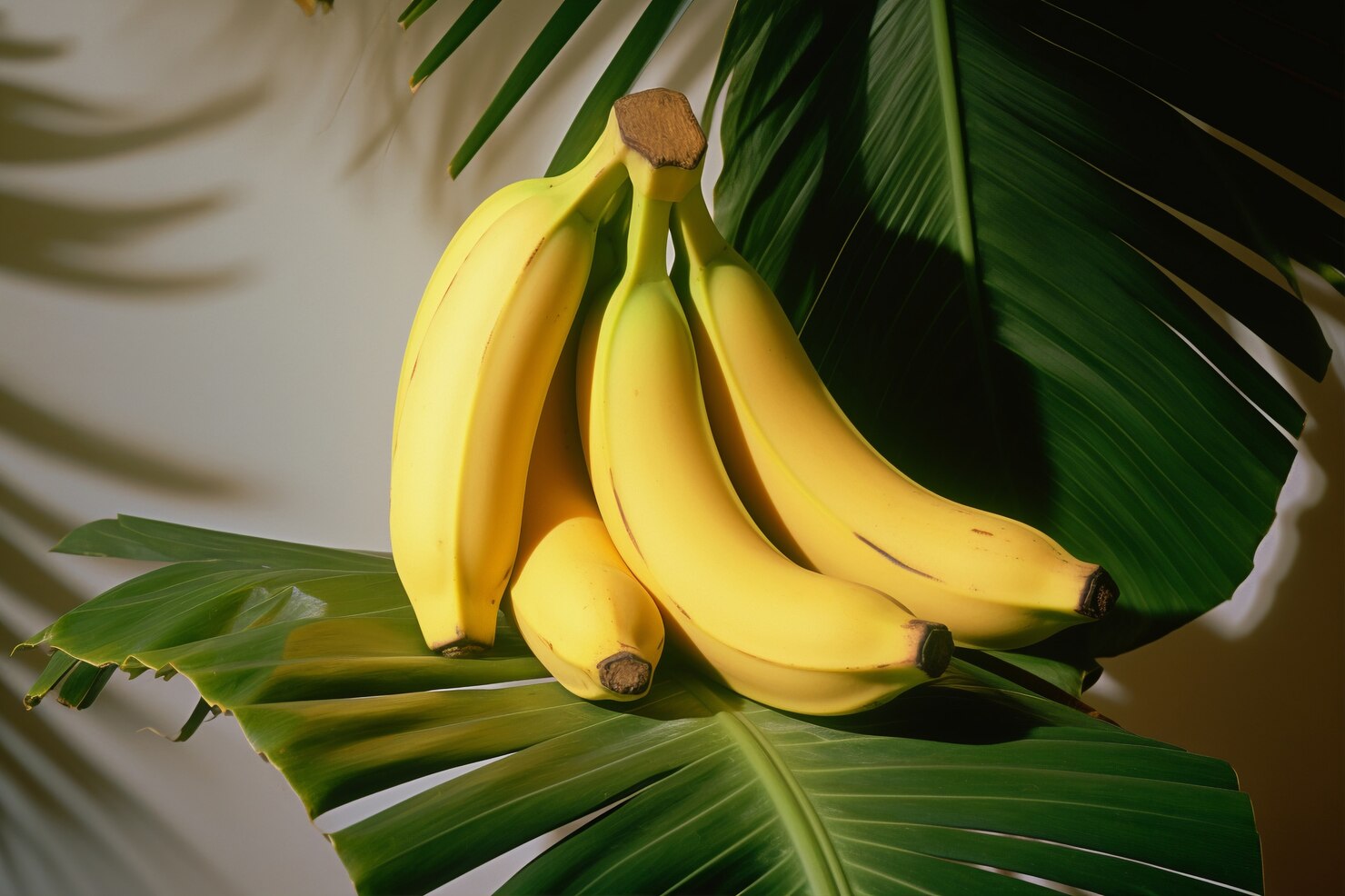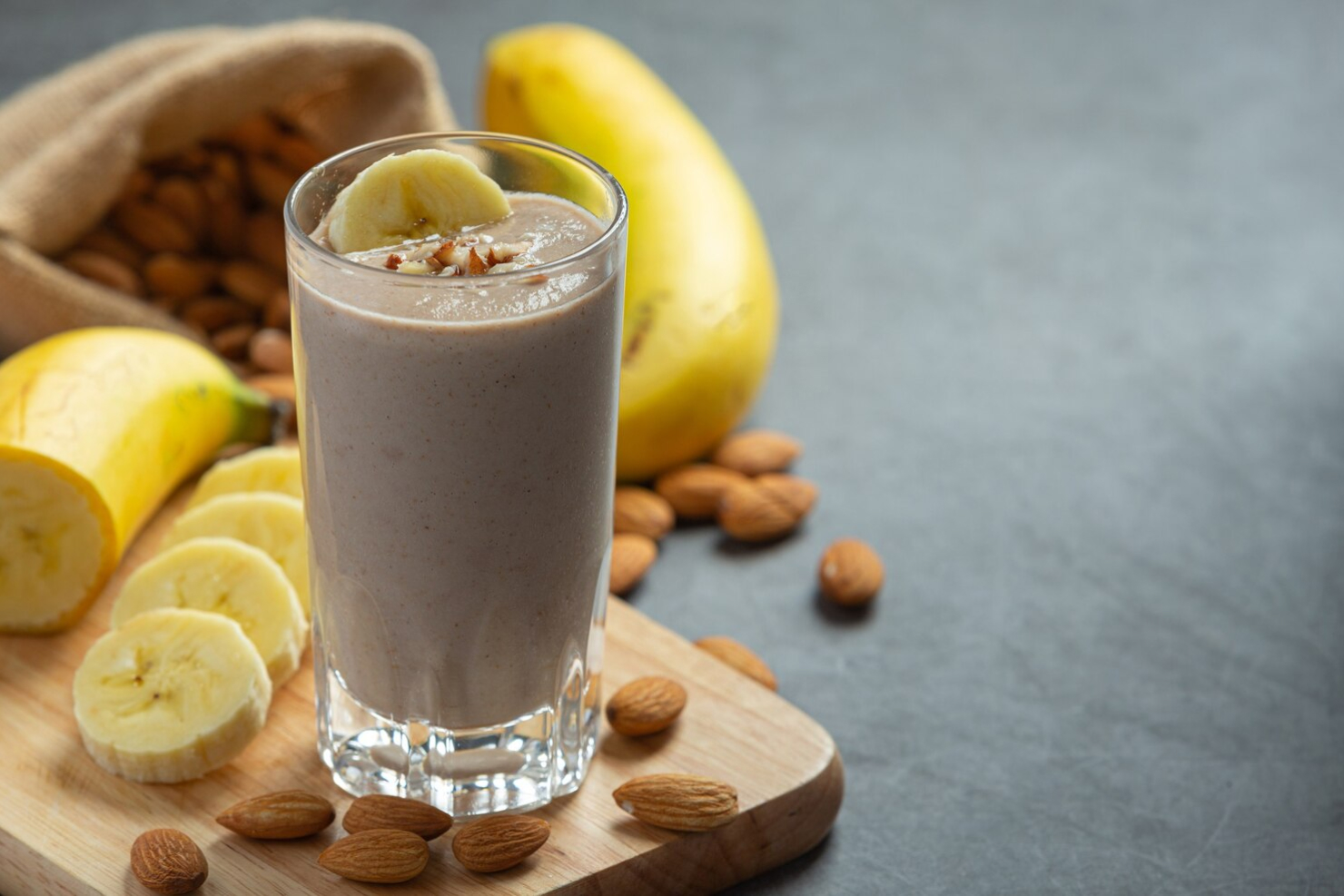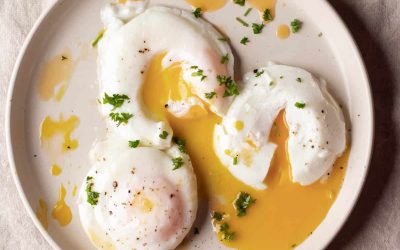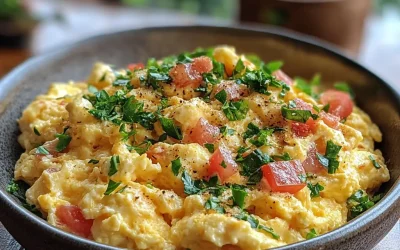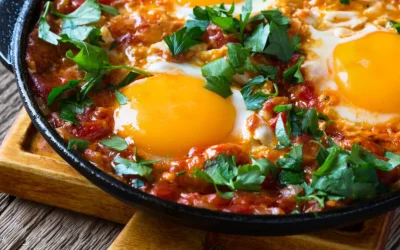How many Calories in Banana?
Bananas are not only delicious but also packed with essential nutrients. When it comes to Calories in Banana contains approximately 105 calories. This makes it a relatively low-calorie option compared to other snacks. Bananas are rich in carbohydrates, primarily in the form of natural sugars like glucose, fructose, and sucrose, providing a quick source of energy.
Medium Sized Banana: 105 Calories
Additionally, bananas are a good source of dietary fiber, which aids digestion and promotes a feeling of fullness, making them an excellent choice for satisfying hunger between meals. They also contain essential vitamins and minerals such as vitamin C, vitamin B6, potassium, and manganese.
The calorie content in bananas can vary slightly depending on their size and ripeness. Riper bananas tend to have a higher sugar content and thus slightly more calories. However, the overall nutritional value remains similar regardless of ripeness.
Incorporating bananas into your diet can be a healthy choice for managing weight and promoting overall well-being. Whether eaten on their own, blended into smoothies, or used as a natural sweetener in baked goods, bananas offer a convenient and nutritious way to boost your daily intake of essential nutrients.
How many calories in one banana?

A medium-sized banana typically contains around 105 calories. However, the calorie count can vary slightly depending on the size of the banana. Bananas are renowned for being a nutrient-rich fruit packed with essential vitamins, minerals, and dietary fiber. They are an excellent source of natural sugars, primarily in the form of glucose, fructose, and sucrose, providing a quick energy boost. Despite their sweetness, bananas have a relatively low glycemic index, meaning they cause only a moderate increase in blood sugar levels.
Beyond their calorie content, bananas are rich in potassium, vitamin C, vitamin B6, and manganese. Potassium is vital for maintaining healthy blood pressure and heart function, while vitamin C boosts the immune system and promotes skin health. Vitamin B6 supports brain health and metabolism, and manganese aids in bone formation and wound healing.
Incorporating bananas into your diet can offer numerous health benefits, including improved digestion, increased satiety, and enhanced energy levels. Whether eaten as a standalone snack, blended into smoothies, or added to oatmeal or yogurt, bananas are a versatile and nutritious fruit suitable for any time of day.
How many calories in half banana?
Half of a medium-sized banana contains approximately 53 calories. This calorie count is based on a standard-sized banana, and actual calories may vary slightly depending on the size of the fruit. Despite being lower in calories than a whole banana, half a banana still offers a range of health benefits. Bananas are rich in essential nutrients like potassium, vitamin C, vitamin B6, and dietary fiber. Incorporating half a banana into your diet can provide a quick energy boost and contribute to overall health and well-being. It’s a convenient and nutritious snack option that can be enjoyed on its own or added to various dishes and recipes.
How many calories in Large banana?
A large banana typically contains around 121 calories. However, the exact calorie count can vary slightly based on factors such as the banana’s size and ripeness. Despite being relatively low in calories, bananas are rich in essential nutrients like potassium, vitamin C, vitamin B6, and dietary fiber. They make for a convenient and nutritious snack option, offering a quick energy boost and aiding digestion. Incorporating large bananas into your diet can contribute to overall health and well-being, providing essential nutrients and satisfying hunger cravings with their natural sweetness and satisfying texture.
How many calories in a ripe banana?
A ripe banana generally contains about 105 calories. As bananas ripen, their starch content converts into natural sugars, resulting in a sweeter taste. While the calorie count remains relatively consistent throughout the ripening process, the texture and flavor evolve, making ripe bananas ideal for various culinary uses. Despite being slightly higher in calories compared to unripe bananas, ripe bananas are still a nutrient-dense food choice. They provide essential vitamins, minerals, and dietary fiber, promoting digestive health, supporting energy production, and contributing to overall well-being. Incorporating ripe bananas into your diet adds natural sweetness and nutritional benefits to meals and snacks.
Nutritional Benefits of Banana
Bananas are not only delicious but also packed with essential nutrients, making them a popular choice for a healthy snack or addition to meals. Here are some of the nutritional benefits of bananas:
- Rich in Potassium: Bananas are renowned for their high potassium content. Potassium is an electrolyte that helps regulate fluid balance, muscle contractions, and nerve signals in the body. Consuming potassium-rich foods like bananas may help lower blood pressure and reduce the risk of stroke.
- Good Source of Vitamins and Minerals: In addition to potassium, bananas contain other essential vitamins and minerals, including vitamin C, vitamin B6, manganese, and magnesium. Vitamin C is important for immune function and collagen production, while vitamin B6 is involved in energy metabolism and brain health.
- Dietary Fiber: Bananas are a good source of dietary fiber, which is important for digestive health and regular bowel movements. Fiber helps prevent constipation and promotes a feeling of fullness, which may aid in weight management and appetite control.
- Antioxidants: Bananas contain several antioxidants, including dopamine and catechins, which have been linked to various health benefits. Antioxidants help neutralize harmful free radicals in the body, reducing oxidative stress and inflammation.
- Heart Health: The nutrients found in bananas, such as potassium, fiber, and antioxidants, may contribute to heart health. Potassium helps regulate blood pressure, while fiber and antioxidants may reduce the risk of heart disease by lowering cholesterol levels and protecting against oxidative damage.
- Exercise Performance: Bananas are often favored by athletes and fitness enthusiasts as a convenient source of energy. The carbohydrates in bananas provide quick fuel for physical activity, while potassium helps prevent muscle cramps and fatigue.
Incorporating bananas into your diet can be a simple and delicious way to boost your intake of essential nutrients and support overall health. Whether eaten on their own, blended into smoothies, or added to oatmeal or yogurt, bananas are a versatile fruit that can be enjoyed in a variety of ways. Certainly! Here’s a table summarizing the nutritional content of a medium-sized banana:
Conclusion On Calories in Banana
In conclusion, bananas are a nutritious and versatile fruit, offering numerous health benefits. The calories in banana content make them suitable for weight management, as they provide essential nutrients while helping to satisfy hunger. Additionally, their potassium content supports heart health and muscle function, while their fiber aids digestion and promotes feelings of fullness. For pregnant women, bananas offer crucial nutrients like folate and potassium, supporting fetal development and preventing cramps. Whether enjoyed as a snack, added to smoothies, or incorporated into recipes, bananas are a convenient and delicious way to enhance overall health and well-being.
